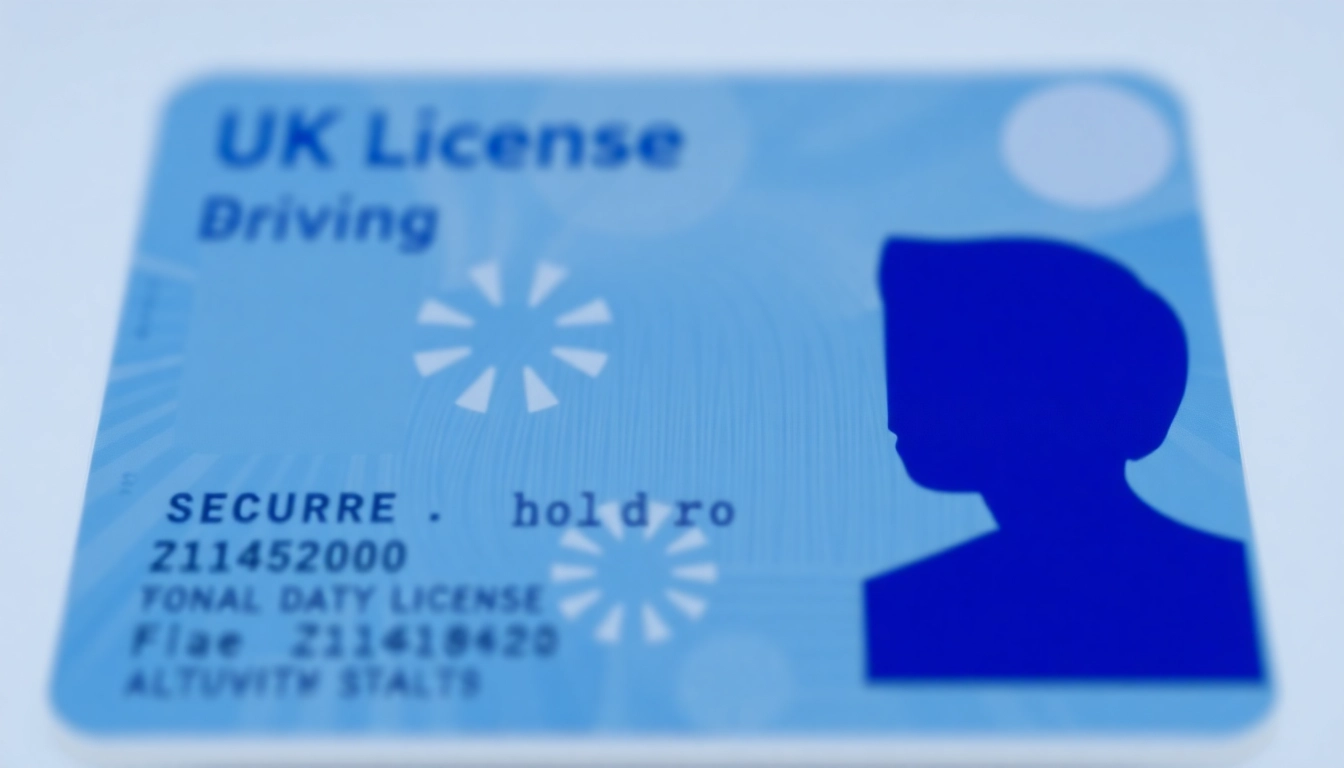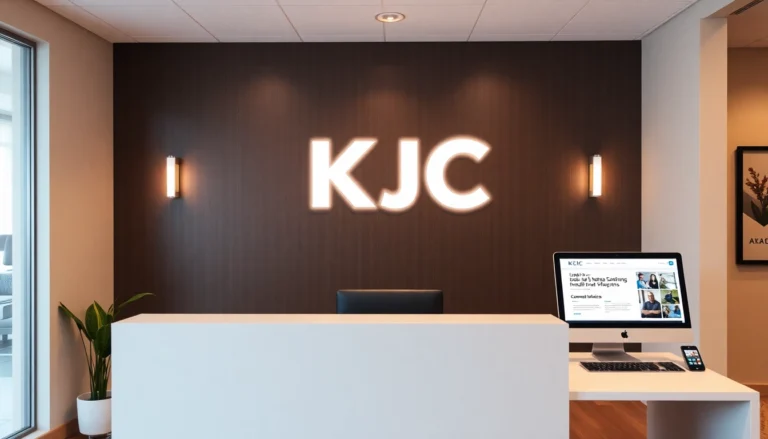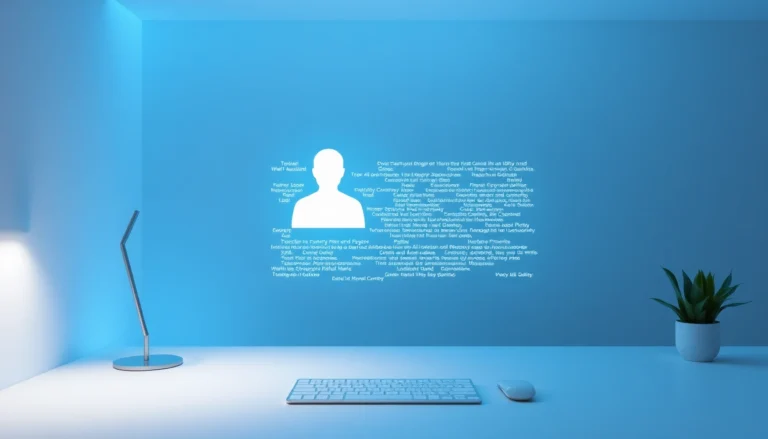Understanding UK Driving License Laws and Requirements
Obtaining a UK driving license is a significant milestone for many residents and visitors alike, granting mobility, independence, and access to various opportunities. The process is governed by strict legal frameworks designed to ensure safety, competency, and integrity within the UK’s road system. Legally, a valid UK driving license signifies that the holder has met certain standards of knowledge and skill necessary to operate vehicles safely on public roads.
Driving licenses in the UK are regulated by the Driver and Vehicle Licensing Agency (DVLA), which oversees the issuance, renewal, and regulation compliance of all licenses. It is crucial for anyone considering obtaining or renewing a license to be well-informed about the legal requirements, necessary documentation, and the proper channels for application. Attempting to bypass these processes through illegitimate means not only contravenes UK laws but also exposes individuals to severe legal consequences.
Legal framework for driving licenses in the UK
The UK’s licensing system is underpinned by the Road Traffic Act and associated regulations that outline the eligibility, testing, and documentation standards. The current format of UK driving licenses involves a photocard accompanied by a paper counterpart, although recent legal reforms have simplified the process for certain license categories.
Legal licenses are issued after passing specific tests—learning to drive, theory examinations, and practical assessments—ensuring that each licensed driver demonstrates competency. The process is meticulously designed to uphold safety standards and prevent unqualified individuals from gaining driving privileges.
Eligibility criteria and documentation needed
To be eligible for a UK driving license, applicants must meet stringent criteria, including age restrictions, residency requirements, and health standards. For example, the minimum age to hold a full car license is 17 years old, with some exceptions for specific vehicle types.
Applicants typically need to provide: proof of identity (such as a valid passport or national ID), proof of residency in the UK, and medical fitness certificates if applicable. For first-time applicants, obtaining a provisional license involves submitting an online or paper application, along with appropriate identification and paying the requisite fee.
Common misconceptions about license acquisition
Many individuals harbor misconceptions regarding how to obtain a UK driving license, often fueled by misinformation or dubious online claims. A prevalent myth is that licenses can be bought without undergoing written or practical tests. This is entirely false and illegal, as genuine licenses are awarded only after successful completion of assessments governed by the DVLA.
Another misconception is that provisional licenses or licenses from other countries can be easily converted or transferred without proper procedures. While exchange programs are available for certain international licenses, they require adherence to specific rules and often involve assessments or documentation verification.
Risks and Legality of Buying a UK Driving License Without a Test
Legal consequences of unauthorized license use
Attempting to acquire or use a forged or illegally obtained UK driving license constitutes a criminal offense under UK law. Penalties can include hefty fines, criminal records, or even imprisonment. Moreover, driving with an invalid license can lead to prosecution, license suspension, or disqualification from driving for prolonged periods.
The law emphasizes that only licenses obtained through the official and legal route are valid. Using fake licenses undermines safety standards and creates unfair advantages, but it ultimately exposes individuals to severe legal ramifications.
How scams operate: recognizing fake licenses
Fraudulent schemes around “buying” UK driving licenses have proliferated, often promoted through social media, clandestine websites, or messaging platforms. These scams typically offer seemingly full, genuine licenses for a hefty fee, sometimes claiming to have access to official databases or DVLA connections.
However, investigations reveal that most of these offerings are scams designed to deceive individuals into paying for non-existent documents. Fake licenses may appear convincing but lack the security features and official endorsements of authentic ones. They pose serious legal and safety risks and should be avoided at all costs.
Impact on insurance and driving record
Operating a vehicle with a counterfeit license severely impacts insurance policies. Insurance providers consider the legality and authenticity of licenses when issuing coverage—fake licenses can lead to policy cancellations or claims being denied. Additionally, driving with fraudulent documentation is a criminal offense, likely resulting in a permanent criminal record, which affects future employment, travel, and licensing prospects.
Authentic Alternatives to Obtain a UK Driving License
Applying for a provisional license step-by-step
The legitimate pathway to driving in the UK starts with obtaining a provisional license. This process is straightforward and accessible through the official UK government portal. Applicants must provide proof of identity and residency, pay the current fee, and meet age requirements.
Once issued, this provisional license permits beginner drivers to practice driving with authorized supervision, progressing towards full licensure after passing the necessary tests.
Preparing for and passing the practical test legally
Legal acquisition involves diligent preparation for the practical driving test. Candidates can register through approved driving schools or independently prepare using official resources. Practicing driving skills, understanding traffic laws, and simulating test scenarios enhance success rates.
Successful completion results in a full UK driving license, a process that ensures all drivers meet the operational safety standards mandated by law.
Resources for driving education and test preparation
Numerous resources are available for aspiring drivers, including official DVSA literature, online practice tests, and professional driving instructor services. Engaging with reputable driving schools ensures comprehensive training and guidance to pass the exam for the first attempt.
How to Identify Reputable License Services and Avoid Scams
Traits of legitimate license providers
Authentic license services operate transparently, complying fully with UK laws. They are registered, provide verifiable contact details, and do not promise to “shortcut” the legal process. Reputable organizations focus on supporting legal pathways, such as driving lessons, official testing, and official documentation support.
Be wary of providers that guarantee licenses without testing, ask for excessive payments upfront, or promise to manipulate official databases. Always verify credentials and read reviews before engaging with any service claiming to facilitate license acquisition.
Red flags indicating illegal or fraudulent offerings
Signs of illegitimacy include offers to sell “ready-made” licenses, requests for cash transfers outside official channels, or vague claims about bypassing tests or legal procedures. Websites or agencies that do not display transparent licensing or registration details should be regarded as high-risk or scams.
Additionally, offers claiming links to government agencies or insider access are almost always fraudulent—remember, the DVLA and DVSA do not sell licenses directly through third-party vendors.
Official channels for license application and renewal
The definitive and safe method for obtaining or renewing a UK driving license is through the official UK government services. All applications, renewals, and updates should be conducted via authorized platforms, ensuring compliance with legal standards and safeguarding personal information.
Maximizing Your Chances of Successful and Legal License Acquisition
Best practices for driving test preparation
Effective preparation involves comprehensive study of the Highway Code, practicing driving skills regularly with qualified instructors, and taking mock tests to identify areas for improvement. Utilizing online resources, attending official driving lessons, and understanding the test format enhance your likelihood of passing on the first attempt.
Timing your practice sessions, maintaining a calm mindset, and understanding the test criteria are critical factors in success.
Legal tips to expedite the licensing process
To ensure a smooth and expedited process, validate all submitted documentation, adhere strictly to deadlines, and address any issues promptly when notified by the DVLA. Engaging with reputable driving schools can also speed up learning and testing schedules, reducing delays caused by inexperience or administrative errors.
Maintaining a clean driving record for future licensing
A good driving record not only keeps you compliant with UK law but also simplifies future license renewals and exchanges. Avoid traffic violations, driving under influence, and unsafe driving practices. Regularly reviewing your record and correcting any discrepancies through official channels is advisable. This proactive approach helps secure your privileges and demonstrates responsibility to authorities.


















